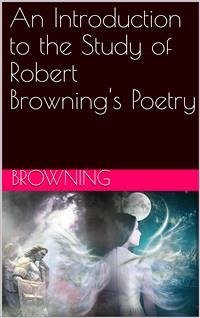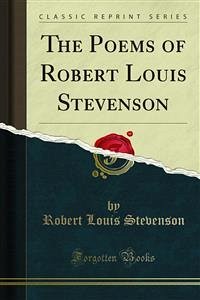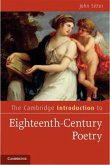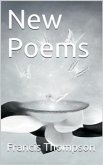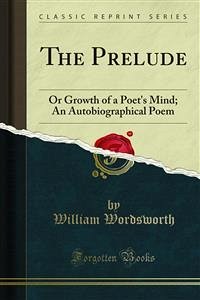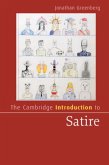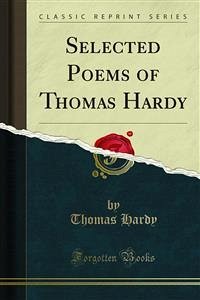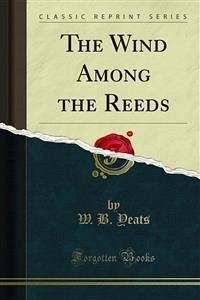The purpose of the present volume is to afford some aid and guidance in the study of Robert Browning’s Poetry, which, being the most complexly subjective of all English poetry, is, for that reason alone, the most difficult. And then the poet’s favorite art-form, the dramatic, or, rather, psychologic, monologue, which is quite original with himself, and peculiarly adapted to the constitution of his genius and to the revelation of themselves by the several “dramatis personae”, presents certain structural difficulties, but difficulties which, with an increased familiarity, grow less and less. The exposition presented in the Introduction, of its constitution and skilful management, and the Arguments given of the several poems included in the volume, will, it is hoped, reduce, if not altogether remove, the difficulties of this kind. In the same section of the Introduction, certain peculiarities of the poet’s diction, which sometimes give a check to the reader’s understanding of a passage, are presented and illustrated. I think it not necessary to offer any apology for my going all the way back to Chaucer, and noting the Ebb and Flow in English Poetry down to the present time, of the spirituality which constitutes the real life of poetry, and which should, as far as possible, be brought to the consciousness and appreciation of students. What I mean by spirituality is explained in my treatment of the subject. The degree to which poetry is quickened with it should always enter into an estimate of its absolute worth. It is that, indeed, which constitutes its absolute worth. The weight of thought conveyed, whatever that be, will not compensate for the absence of it. The study of poetry, in our institutions of learning, so far as I have taken note of it, and the education induced thereby, are almost purely intellectual. The student’s spiritual nature is left to take care of itself; and the consequence is that he becomes, at best, only a thinking and analyzing machine. The spiritual claims of the study of poetry are especially demanded in the case of Browning’s poetry. Browning is generally and truly regarded as the most intellectual of poets. No poetry in English literature, or in any literature, is more charged with discursive thought than his. But he is, at the same time, the most spiritual and transcendental of poets, the “subtlest assertor of the Soul in Song”. His thought is never an end to itself, but is always subservient to an ulterior spiritual end—always directed towards “a presentment of the correspondency of the universe to Deity, of the natural to the spiritual, and of the actual to the ideal”; and it is all-important that students should be awakened, and made, as far as possible, responsive to this spiritual end. The sections of the Introduction on Personality and Art were read before the Browning Society of London, in June, 1882. I have seen no reason for changing or modifying, in any respect, the views therein expressed. The idea of personality as a quickening, regenerating power, and the idea of art as an intermediate agency of personality, are, perhaps, the most reiterated (implicitly, not explicitly) in Browning’s poetry, and lead up to the dominant idea of Christianity, the idea of a Divine Personality; the idea that the soul, to use an expression from his earliest poem, ‘Pauline’, must “rest beneath some better essence than itself in weakness”. The notes to the poems will be found, I trust, to cover all points and features of the text which require explanation and elucidation. I have not, at any rate, wittingly passed by any real difficulties. Whether my explanations and interpretations will in all cases be acceptable, remains to be seen.
Hinweis: Dieser Artikel kann nur an eine deutsche Lieferadresse ausgeliefert werden.
Hinweis: Dieser Artikel kann nur an eine deutsche Lieferadresse ausgeliefert werden.

